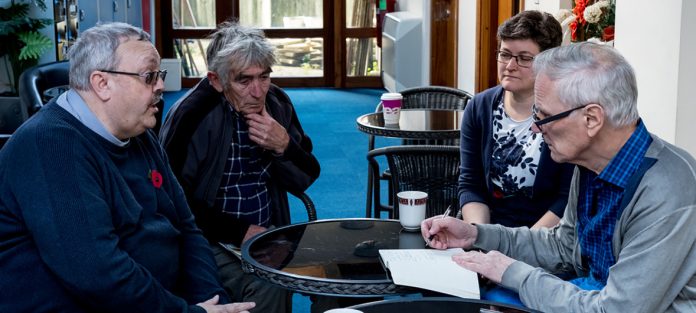The UN envoy’s comments came at the end of a 12-day visit to the UK, which saw him travel to nine cities across the country, meeting members of civil society, front line workers, and officials from a range of political parties in local, devolved and UK Governments.
He spoke to people directly affected by poverty, including some who depend of food banks and charities for the next meal, homeless families living on friends’ couches, and people who have sold sex in exchange for shelter.
With almost all studies showing that the UK economy will be worse off following Brexit, due to be triggered at the end of March, the Government is treating the risks for the 14 million people currently living in poverty as “an afterthought”, said Mr. Alston: “in the fifth richest country in the world, this is not just a disgrace, but a social calamity and an economic disaster, all rolled into one.”
“In the fifth richest country in the world, this is not just a disgrace, but a social calamity and an economic disaster, all rolled into one” Philip Alston, UN Special Rapporteur on extreme poverty and human rights
Four million of those affected are more than 50 percent below the poverty line, and 1.5 million are destitute, which means that they are unable to afford basic essentials.
Mr. Alston pointed out that, after years of progress, the poverty risk in the UK is on the rise, with homelessness up 60 percent since 2010, and child poverty predicted to rise by 7 per cent between 2015 and 2022.
The UN envoy said that policies implemented by successive governments have led to “the systematic dismantling of the social safety net (and) inflicted great misery unnecessarily, especially “on the working poor, on single mothers struggling against mighty odds, on people with disabilities who are already marginalised, and on millions of children who are locked into a cycle of poverty from which many will have great difficulty escaping.”





